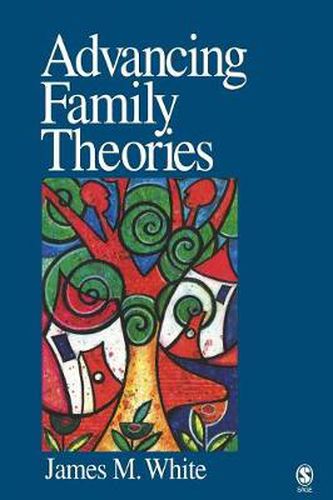Readings Newsletter
Become a Readings Member to make your shopping experience even easier.
Sign in or sign up for free!
You’re not far away from qualifying for FREE standard shipping within Australia
You’ve qualified for FREE standard shipping within Australia
The cart is loading…






How can the study of families be scientific? What is the difference between postmodern and positivistic approaches? What is the role of models and metaphors in constructing our theoretical knowledge? In Advancing Family Theories, author James M. White addresses such difficult questions that have been longstanding issues within the field of family studies and examines these matters from a social science perspective. Advancing Family Theories explores two contemporary theories of the family-rational choice theory and transition theory. These diametrically different approaches illuminate what differing theories reveal about families. The book also discusses how meta-theories can assist in building and refining theory and offers insight on the understanding versus explanation debate. Advancing Family Theories gives students a precise notion of what a theory is and how theories work in research. The book not only looks at philosophical realms but also examines particular substantive theory to explain and predict family behaviors.
$9.00 standard shipping within Australia
FREE standard shipping within Australia for orders over $100.00
Express & International shipping calculated at checkout
How can the study of families be scientific? What is the difference between postmodern and positivistic approaches? What is the role of models and metaphors in constructing our theoretical knowledge? In Advancing Family Theories, author James M. White addresses such difficult questions that have been longstanding issues within the field of family studies and examines these matters from a social science perspective. Advancing Family Theories explores two contemporary theories of the family-rational choice theory and transition theory. These diametrically different approaches illuminate what differing theories reveal about families. The book also discusses how meta-theories can assist in building and refining theory and offers insight on the understanding versus explanation debate. Advancing Family Theories gives students a precise notion of what a theory is and how theories work in research. The book not only looks at philosophical realms but also examines particular substantive theory to explain and predict family behaviors.